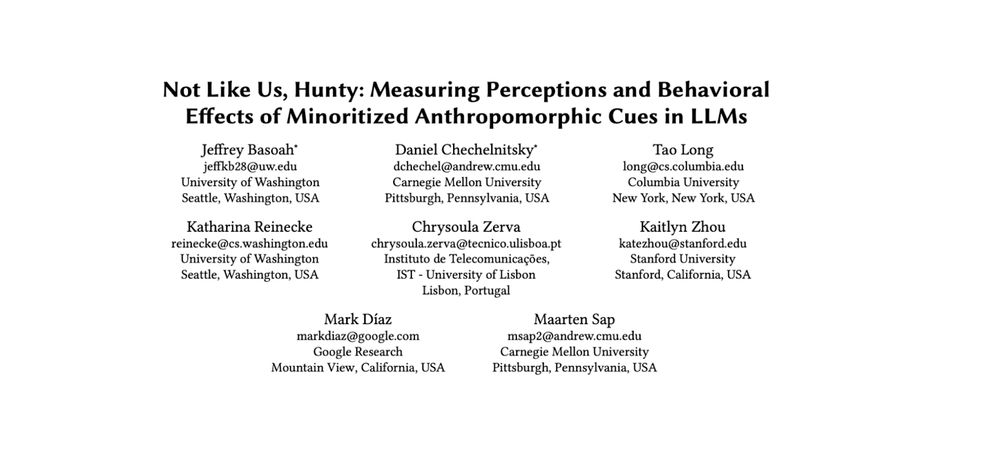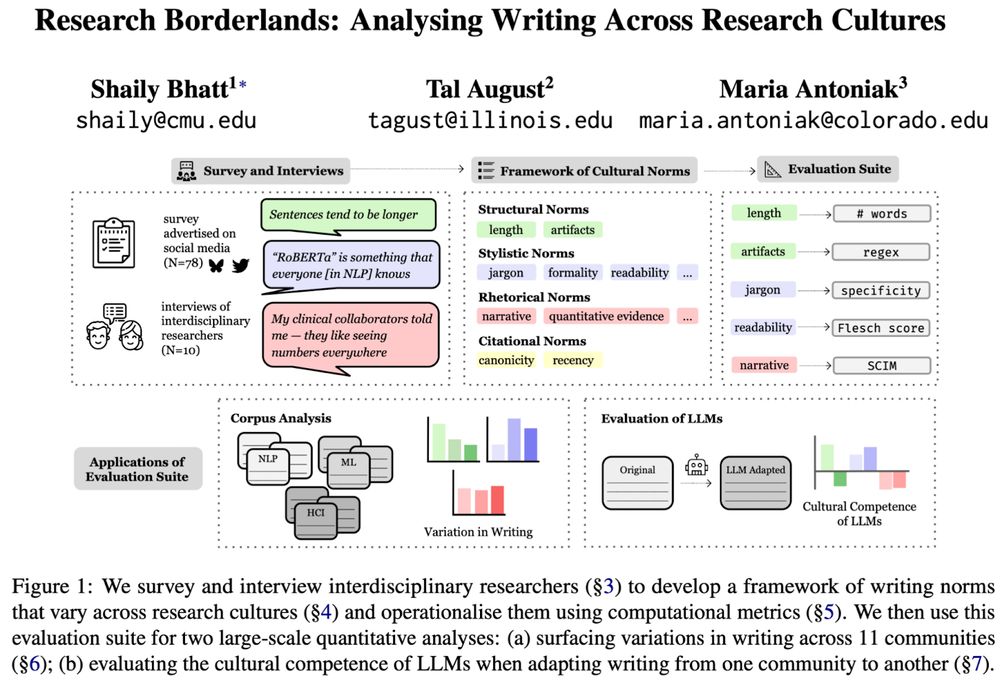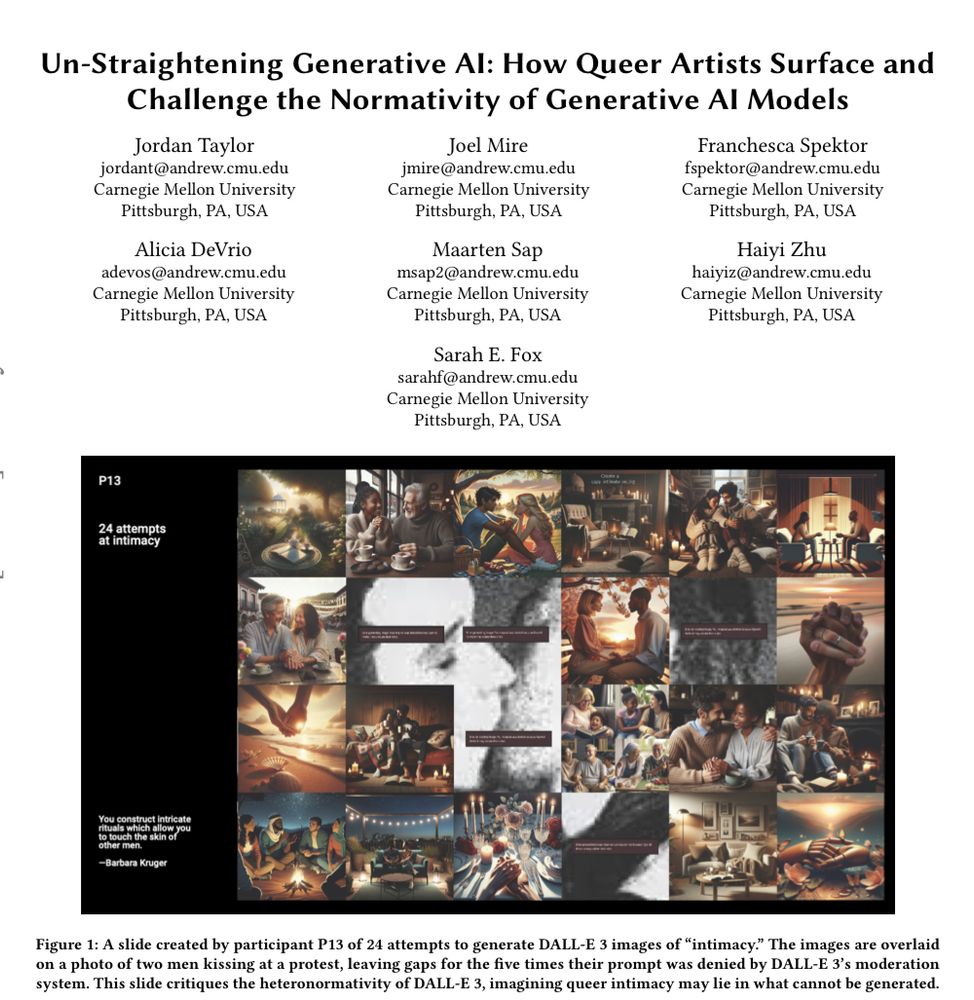Posts
Media
Videos
Starter Packs
Pinned
Reposted by Daniel Chechelnitsky
Reposted by Daniel Chechelnitsky
Reposted by Daniel Chechelnitsky
Reposted by Daniel Chechelnitsky
Reposted by Daniel Chechelnitsky
Reposted by Daniel Chechelnitsky








